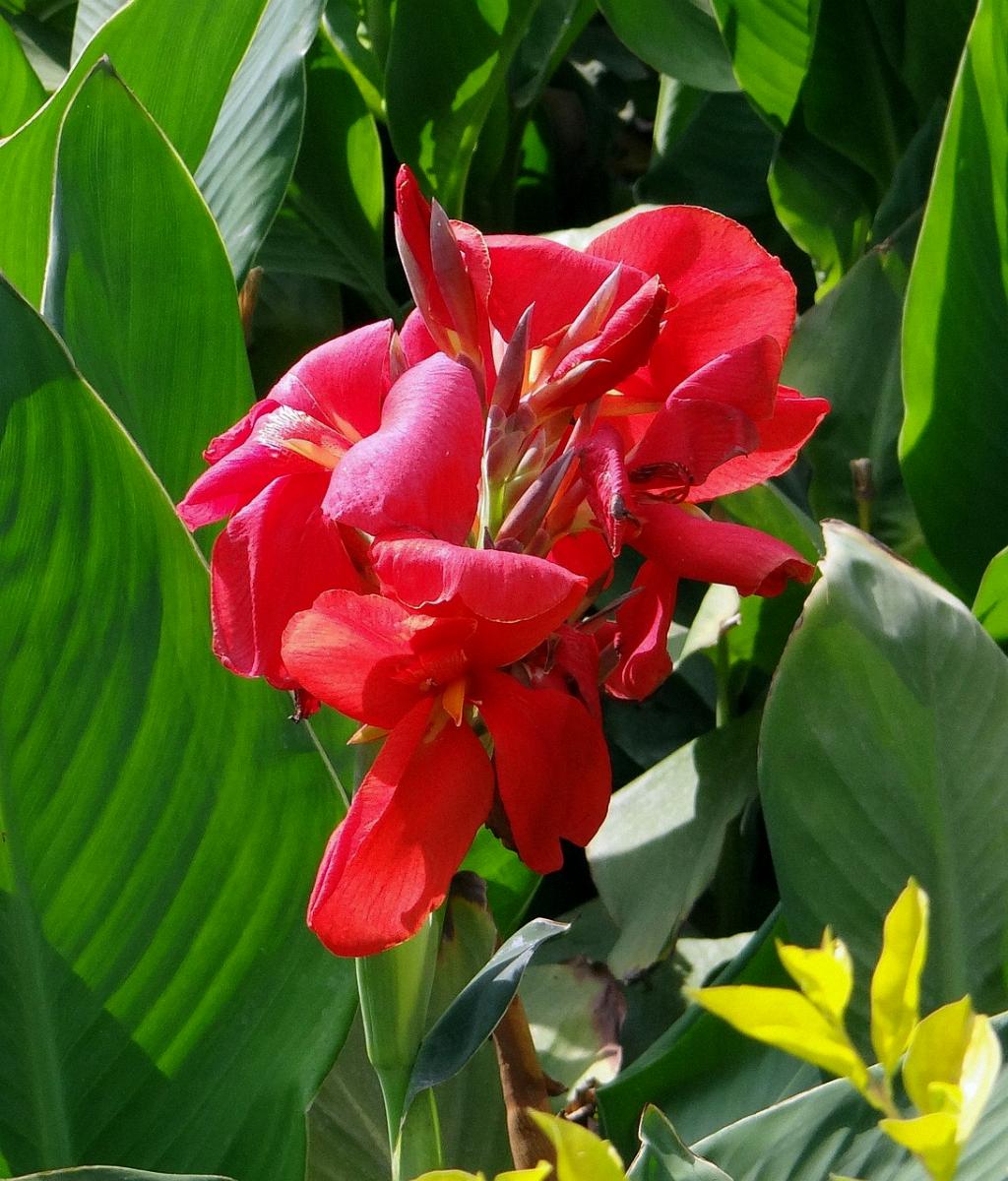Cannas are a fascinating and visually striking addition to any garden or landscape. Their vibrant and lush foliage, paired with their showy flowers in a range of stunning colors, make them a popular choice among gardeners looking to add a tropical flair to their outdoor spaces.
One of the key aspects that many gardeners are curious about when it comes to cannas is their longevity. Are they perennial plants that can be relied upon to return year after year, or do they require replanting on an annual basis?
When it comes to defining cannas as perennials, it is essential to consider their growth habits and natural lifecycle. While cannas are indeed perennial plants, there are some important factors to keep in mind.
First and foremost, cannas are tender perennials. This means that while they have the potential to survive for multiple growing seasons under the right conditions, they are sensitive to cold temperatures and may require special care to overwinter successfully.
Unlike hardy perennials that can withstand harsh winter weather without issue, cannas are more susceptible to frost damage. In regions with cold winter temperatures, cannas are often treated as annuals or lifted from the ground and stored indoors to protect them from freezing temperatures.
Despite their tender nature, cannas are capable of coming back year after year if given the proper care and attention. In warmer climates where frost is not a concern, cannas can thrive as true perennials, returning with vigor each spring to grace the garden with their stunning presence.
It is important to note that the perennial status of cannas can vary depending on individual growing conditions and climate factors. While they may be considered perennial in some regions, in others, they may behave more like annual plants due to environmental constraints.
Ultimately, whether or not cannas are classified as perennials is a nuanced question that hinges on a variety of factors. Gardeners who wish to enjoy the beauty of cannas year after year should be prepared to provide the necessary care and protection to ensure their longevity in the garden.
By understanding the unique characteristics of cannas and tailoring their cultivation practices accordingly, gardeners can harness the enduring beauty of these remarkable plants and create a stunning garden display that delights year after year.
In conclusion, while cannas are indeed perennial plants with the potential for long-term growth and flowering, their tender nature and sensitivity to cold temperatures require special considerations to ensure their survival and continued presence in the garden.

